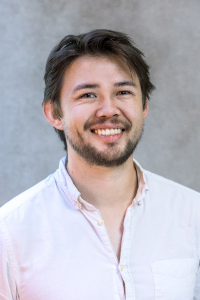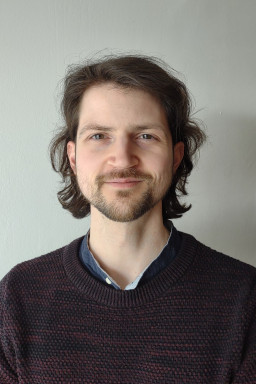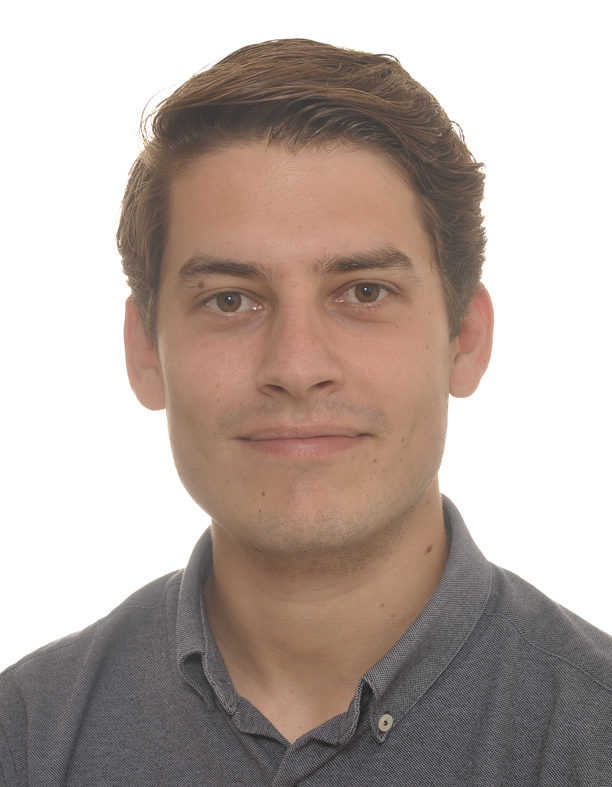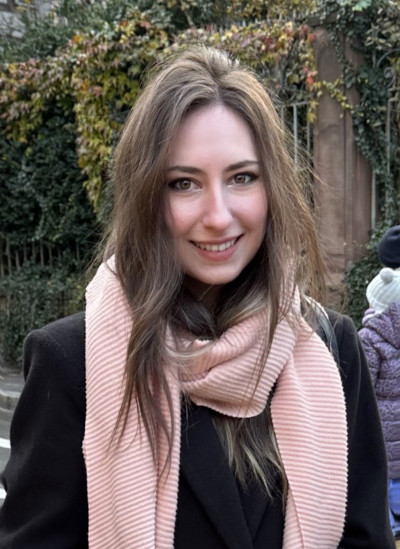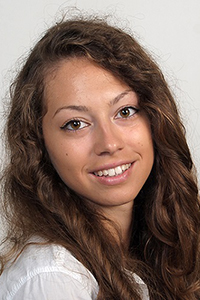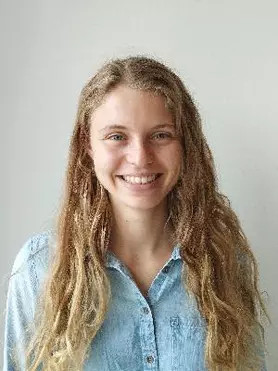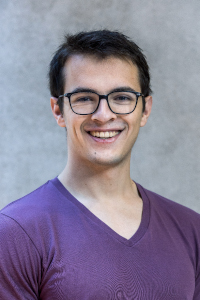
Wendelin studied computer science and received a PhD at the Technical University of Berlin, after which he went on to work as a postdoc for the University of Oxford. In September 2020 he took a position as assistant professor in the Sequential Decision Making group within the Department of Intelligent Systems (Faculty for Electrical Engineering, Mathematics and Computer Science) at the Delft University of Technology. In addition, Wendelin is a co-director of the BIOlab, which investigates the application of AI to biotech and neuroscience, reviews for NeurIPS, ICML and ICLR, and is an editor for the Artificial Intelligence Journal (AIJ).
